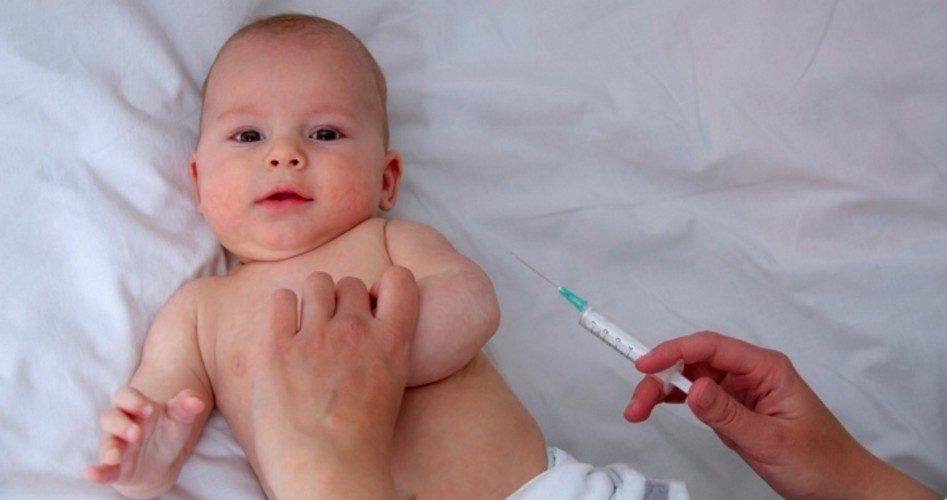
Now that Disneyland’s measles outbreak has topped 100 cases in 14 states, media outlets are quick to blame the anti-vaccination movement. They denounce “anti-vax” parents as ignorant, gullible, and irresponsible — guilty of both child abuse and endangering society with their foolhardy negligence. After all, say the pro-vaccine media, measles could find no susceptible host in a fully immunized population but can only gain foothold in, and be spread by, unvaccinated people.
Reputable sources, and even the CDC, expose the fallacy of such yellow journalism. Nevertheless, the Internet is teeming with articles about the issue, either extolling the virtues of vaccines or expounding the vices. Most, however, miss the important point, which is not whether individuals should be innoculated against infectious diseases. Instead, it’s whether government has the right and authority to mandate vaccines.
The Association of American Physicians and Surgeons (AAPS), a leading non-profit medical group, clarifies the importance of the distinction. “Mandatory vaccines violate the medical ethic of informed consent,” states the organization’s Fact Sheet, which also explains that AAPS is not opposed to vaccines and has never taken an anti-vaccine position. It is, however, firmly opposed to government policies that violate parental informed consent. “A case could also be made that mandates for vaccines by school districts and legislatures is the de facto practice of medicine without a license.”
Government-required vaccines amount to a gross violation of privacy rights and personal freedom, as well as abuse of the doctor-patient relationship. In a 1999 statement to the U.S. House Government Reform Committee, AAPS Executive Director Jane Orient, M.D., explained, “The relationship of patient and physician is shattered; in administering the vaccine, the physician is serving as the agent of the state.” In that role, a doctor is forced to violate the time-honored Hippocratic Oath whereby he swears to act in the best interests of his individual patient, a principle reflected in the AAPS motto: Omnia pro aegroto (“All for the patient”). “Instead, he is applying the new population-based ethic in which the interests of the individual patient may be sacrificed to the ‘needs of society.'”
Orient stated that government-mandated vaccines mark a shocking reversal of traditional public health policy. In the past, authorities restricted individual liberty “only in case of a clear and present danger,” such as a quarantine of individuals infected with a dangerous communicable disease. “Today, a child may be deprived of his liberty to associate with others, or even of his supposed right to a public education, simply because of being unimmunized,” said Orient. It does not matter that he is uninfected or that he poses no “clear and present danger.” He is guilty until proven innocent — or in this case, until immunized.
AAPS is not alone in its defense of informed consent to medical treatment. The National Vaccine Information Center (NVIC), a non-profit patient advocacy group, explains that the principle of informed consent “has become a central ethical principle in the practice of modern medicine and is applied to medical interventions which involve the risk of injury or death.” NVIC’s members believe no exception should be made for vaccines, since the group is composed of parents whose children have been injured or have died from reactions to them.
Though there is as yet no federal vaccination mandate, each state sets its own requirements for childhood immunization as a condition for public education. The NVIC provides detailed information about current requirements as well as measures underway in the various state legislatures to add or remove new mandates and exemptions.




